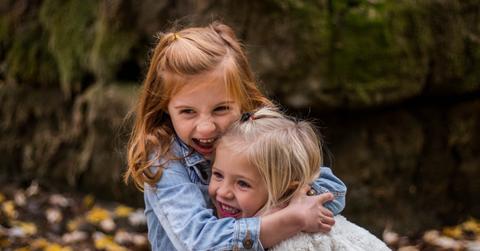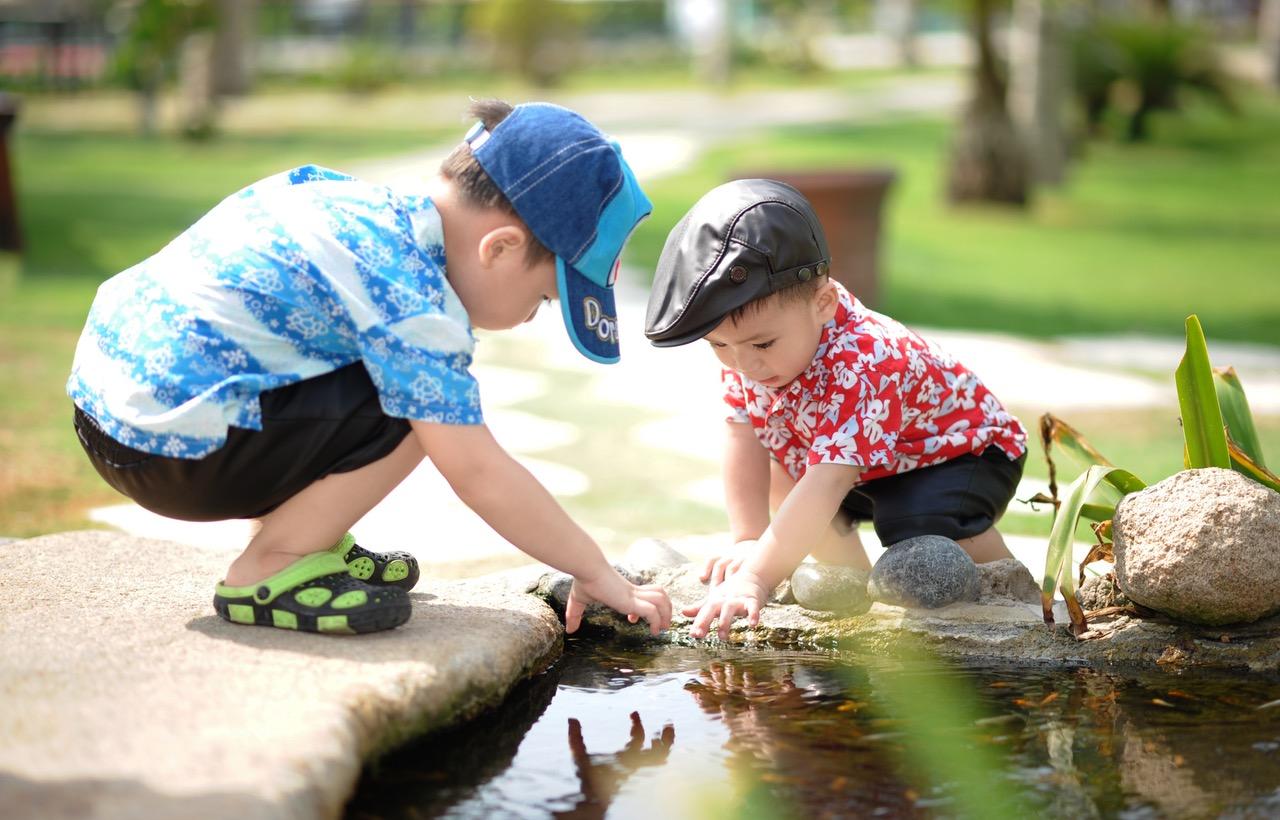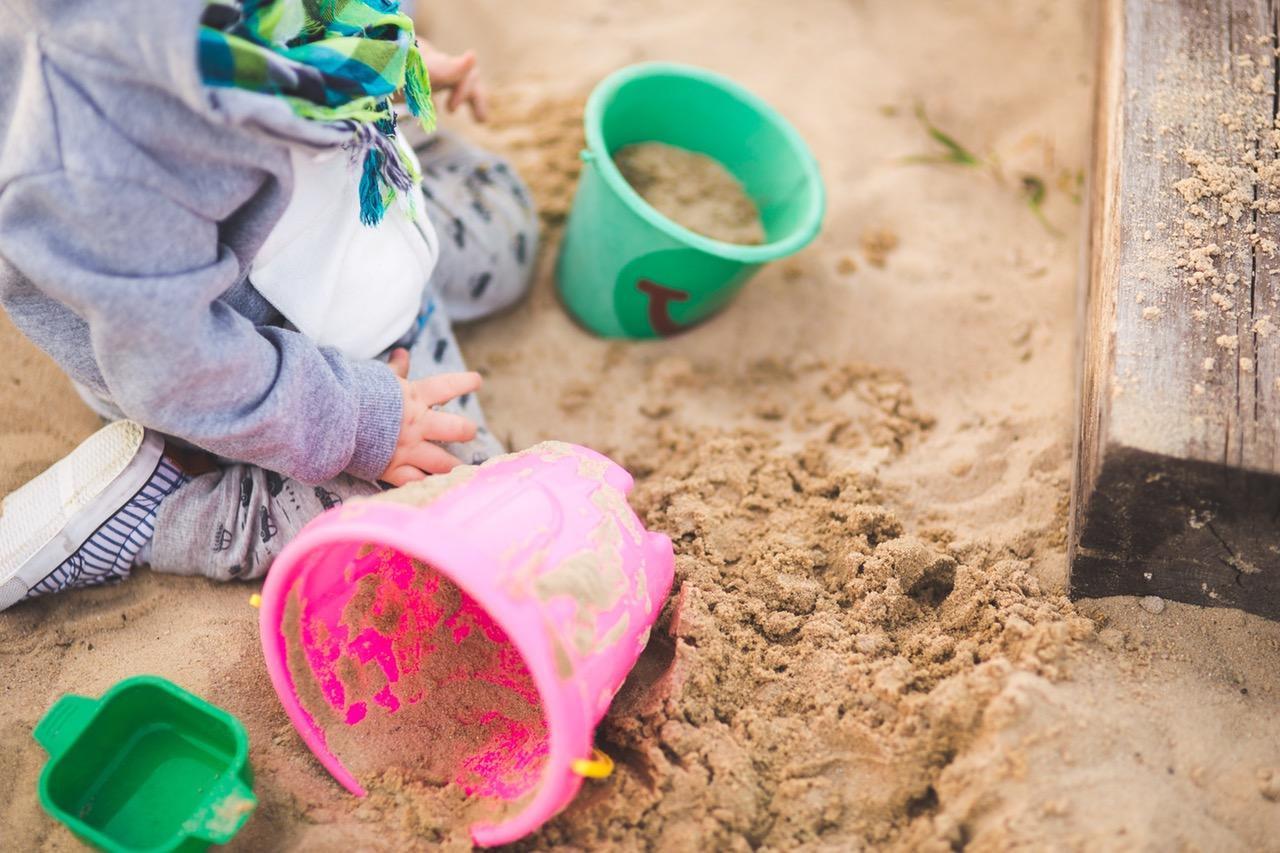Dirt Is Actually Great For Your Kids, According To Recent Research
As a parent, it's only natural to feel protective. Keeping kids clean and making sure that they use hand sanitizer might seem like the obvious way to go. But according to new research, getting dirty is an important part of childhood.
Updated May 30 2019, 3:54 p.m. ET
As a parent, it's only natural to feel protective. Keeping kids clean and making sure that they use anti-bacterial soap and hand sanitizer might seem like the obvious way to go. But according to new research by Canadian microbiologists B. Brett Finlay and Marie-Claire Arrieta, getting dirty is an important part of childhood--and not just because of the fun involved. Getting dirty actually helps keep kids healthy!
Though it might run in opposition to parental instincts, letting kids play in the dirt can have a significant impact on boosting their immune systems, according to the scientists. To understand this phenomenon, we must first understand our own relationship with bacteria, the tiny living organisms that many associate with illness. While it's true that some bacteria can make us sick, it's worth noting that most bacteria does not. Our digestive systems, one of the largest parts of our immune system, is full of what scientists call gut flora, or "good bacteria." This bacteria helps us digest our food and even ward off other, more harmful bacteria.
A portion of this gut flora is periodically replenished by the world around us. In other words, we ingest some of this "good bacteria" from time to time, just by interacting normally with our world. This is especially vital for growing kids, who are building up their immune systems for the first time. According to B. Brett Finlay:
"... they [kids] are going to put a lot of strange things in their mouth, and this is part of them experiencing the world, tasting the world we live in, as well as replenishing these microbes they need to develop.”
We humans, both kids and adults, have just as many microbes in our bodies as we do cells. So it stands to reason that anti-bacterial products, which kill all bacteria, good and bad, might not be helping us or our kids as much as we think. In Finlay and Arrieta's book, Let Them Eat Dirt: Saving Your Child from an Oversanitized World, Finlay recounts an interesting study which examined the impact of parental behaviors toward cleanliness:
"There’s an interesting study where they looked at kids who spit their soothers on the ground. Parents had two options: they could go wash the soother off, or they could put their own mouth on it and put it back into their kid’s mouth. And if their put their mouth on it, then the kids had less obesity and asthma and diabetes downstream just because they were associated more with the parental microbes than if those whose parents were scrubbing the soother off every time.”
Wiping down every surface that a child may come in contact with and over using products like hand-sanitizer are two common parental behaviors that may have the opposite of their intended effect.
Of course, everything has limits. Finlay admits that letting a kid roll around on the floor of their own home is a far cry from allowing them to do so in a subway station. There are appropriate times and places to use anti-bacterial products--mostly when interacting with large crowds of people. Places like playgrounds and crowded stores can warrant a squirt or two of hand sanitizer.
And of course, there isn't anything wrong with stepping up our cleaning regimen to prevent the spread of illness when a child is sick. But for the most part, when in their own spaces, and especially when out in nature, encountering microbes is beneficial. One study, published in JAMA Pediatrics, even suggests that children who are exposed to dogs and farm animals early in life have a decreased risk of developing asthma.
Another benefit to the "let them eat dirt" ideology? Less stress and more quality time. Parents can relax and step back more as their kids play outside. Kids can be more free to explore the world without interruption. Time not spent wiping down every household surface is time that can be spent playing alongside the kids, or getting more household work done. Dr. Arrieta sums the lifestyle up nicely with her simple advice:
“Let them [kids] explore and be adventurous and get dirty. And don’t panic if you see that they have dirt in their mouths, because every now and then it will happen.”
For more information on how living dirty can benefit your family, check out this interview with B. Brett Finlay and Dr. Arrieta.


